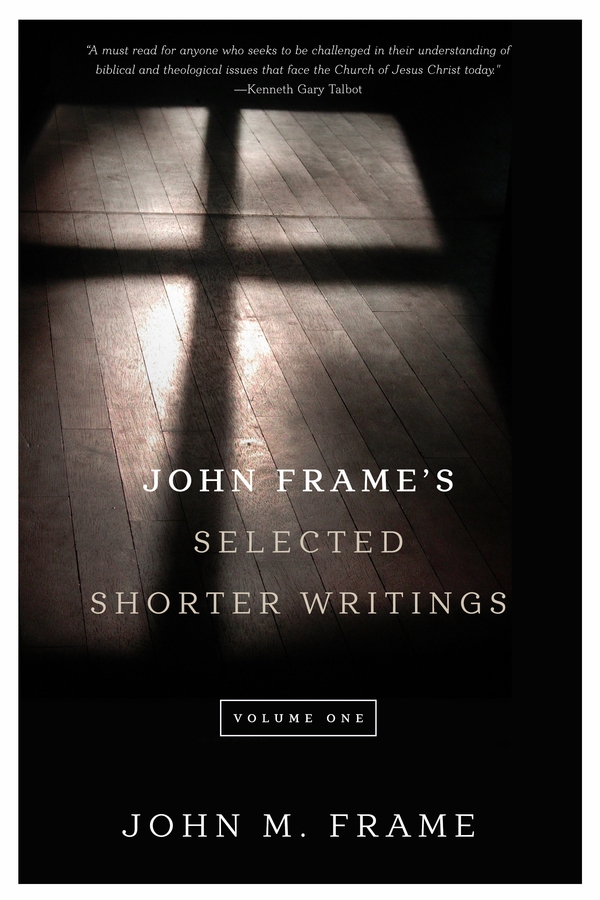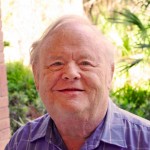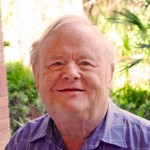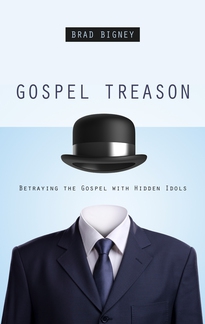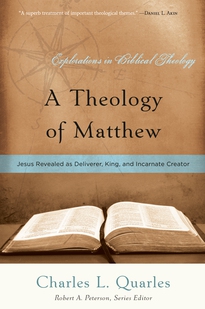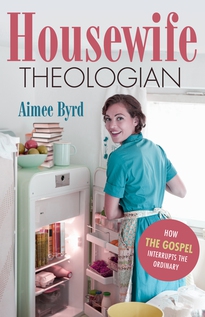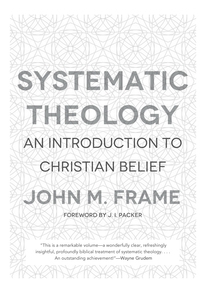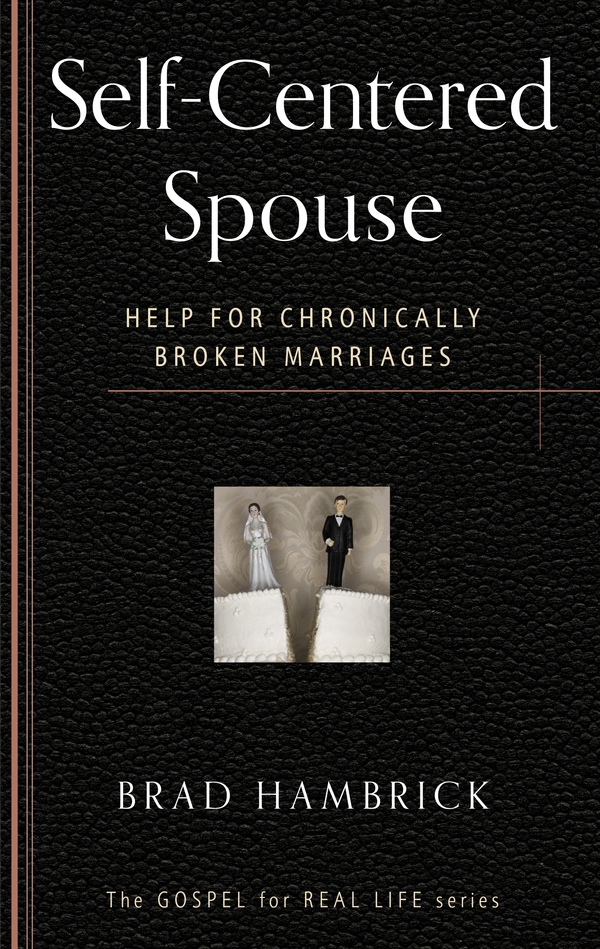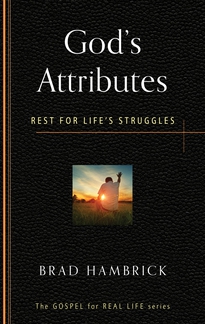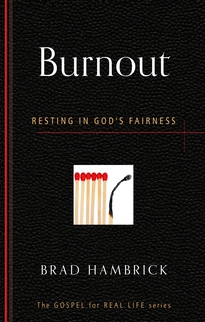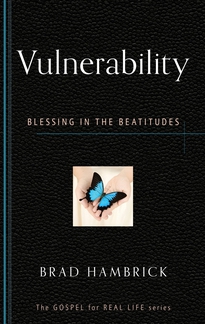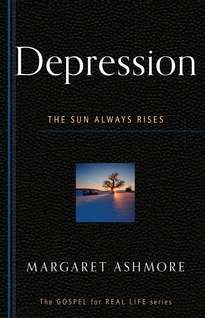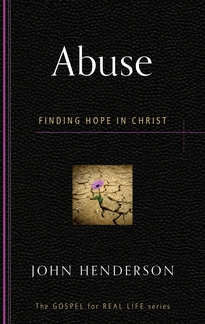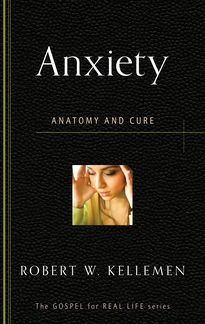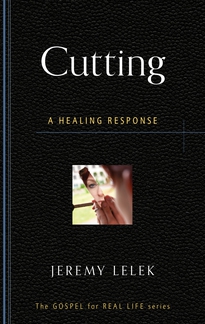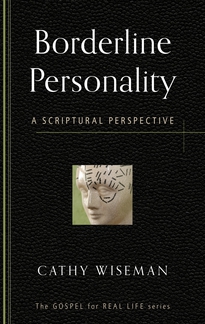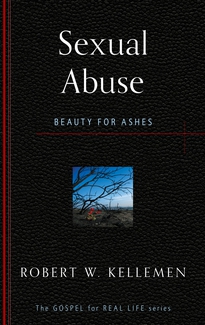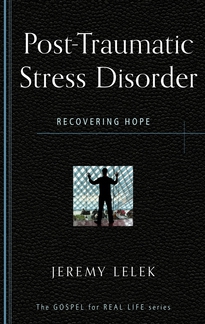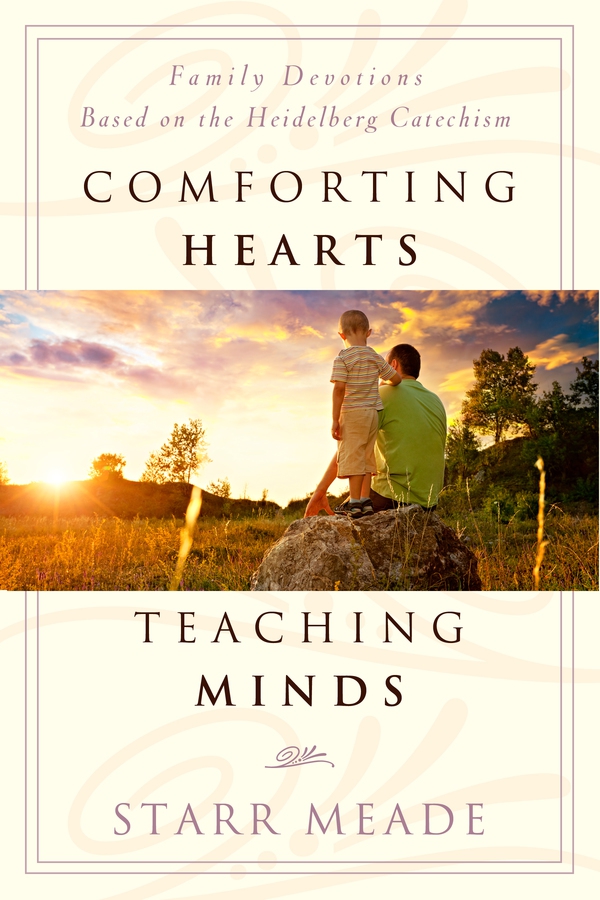This week we have the pleasure of getting to know Shane Lems, author of The Doctrines of Grace: Student Edition.
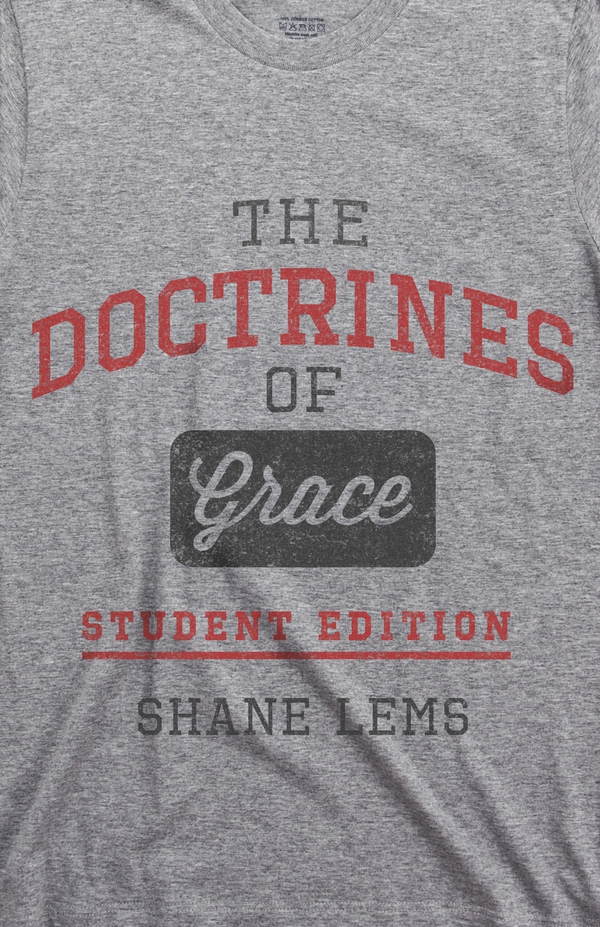
- Question #1 – Tell us a little bit about yourself: where you’re from, family, job, personal interests, unique hobbies, what do you do in your spare time, etc.
I’m a husband, father of four, and the pastor of Covenant Presbyterian Church (OPC) in Hammond, WI. Before I came to Covenant Presbyterian, I was the church planter/pastor of the United Reformed Church in Sunnyside, WA. Even before that, I graduated from Westminster Seminary California with an MDiv degree. Still earlier in my life, I was in the United States Army Reserve for 6 years and worked in the auto parts industry – mostly in Northwest Iowa where I grew up in a solid Reformed Christian home.
- Question #2 – Which writers inspire you?
I try to read various authors and genres, and I typically go through phases in my reading. For a while, I read almost every World War II book I could get my hands on. I also went through an exploration phase – I read books about early expeditions to the Americas as well as expeditions to the North Pole. When I lived in Washington State I also read up on the Lewis and Clark expedition. I’ve even read a big handful of books on baseball and its history. I suppose these books didn’t inspire me, but they fascinated me and helped me learn world history (and they improved my reading and writing ability!).
I also love stories, so I’ve been captivated by storybooks since I was young. Of course, I love The Chronicles of Narnia and The Hobbit, but I also really enjoy other classics like Where the Red Fern Grows, My Side of the Mountain, and The Yearling – in fact, I read parts of The Yearling more than a few times. For some reason, it captured me. I also enjoy Andrew Peterson’s Wingfeather Saga series (and I highly recommend it!).
Concerning Christian authors, I have many books by Os Guinness, Eugene Peterson, Jerry Bridges, and Dietrich Bonhoeffer. I suppose my favorite theological reading would be (in no specific order): Herman Bavinck, John Newton, St. Cyprian, Francis Turretin, John Calvin, Martin Luther, Thomas Brooks, and other various Puritans.
- Question #3 – Did you always enjoy writing?
I didn’t like to write when I was forced to write (i.e. in school), but I always did like to write for fun (I even kept a journal in Basic Training).
- Question #4 – What inspired you to write this book, about this topic?
I wrote this book about the doctrines of grace for one main reason: I couldn’t find one like it. I was planning out a Sunday School class for teens and wanted a simple, readable, and brief study on the doctrines of grace. There are a quite a few very good books on this topic, but not many that are short, simple, and to the point.
- Question #5 – What books are you reading now?
I’m actually reading a few John Grisham books for my “fun” reading – and I’m almost done with Martel’s bestselling novel, The Life of Pi. For my studies, I’m reading a book on suffering by Timothy Keller (Walking With God Through Pain and Suffering) a book on biblicism, The Bible Made Impossible by Christian Smith, and I’m trying to finish Thomas Brooks’ Works (though that might take awhile!).
- Question #6 – Do you have a favorite author? Who is it and why?
This is a tough question, but I suppose it would be John Newton. He was so very pastoral and grace-filled in his writing – he humbles the heart and while doing so, magnifies the grace of God. All of his writing might be considered a commentary on Romans 5:20b.
- Question #7 – Do you have a favorite movie? What is it and why?
I’m not at all a movie buff; I only watched 3 movies last year. But I liked Moneyball because I’m a baseball stats kind of guy.
- Question #8 – Do you have a favorite quote? What is it and why?
“God must come to us before we can go to him.” (Geerhardus Vos) I love that quote because it is a great summary of the gospel of grace.
- Question #9 – What advice would you give to aspiring writers?
1) Don’t write a book that’s already been written.
2) Don’t try to be trendy – trends come and go.
3) Be patient, take your time, and sit on the book a year or two before sending it to the publisher.
- Question #10 – Do you have an interesting writing quirk?
I hate rough drafts, so my “first” draft usually turns out like a “third” draft (give or take).
- Question #11 – At what time of day do you write most?
Between 5AM and 3PM. Almost never at night.
- Question #12 – How do you deal with writer’s block?
I quit writing and either go for a jog or check baseball scores. I try very hard to be patient when writing – I want to think over a book for a few years before I send it in for publication. Typically, I’m not rushed when I write so writer’s block isn’t such a big deal (though it is different when it comes to sermon writing!).
======================================================================
 Want to learn more about Shane Lems?
Want to learn more about Shane Lems?
- Read his blog: www.reformedreader.wordpress.com
- Follow him on Twitter: @reformedread
- Like his Facebook Page: The Reformed Reader
- Visit his church’s website: www.covenantopc.net
======================================================================

